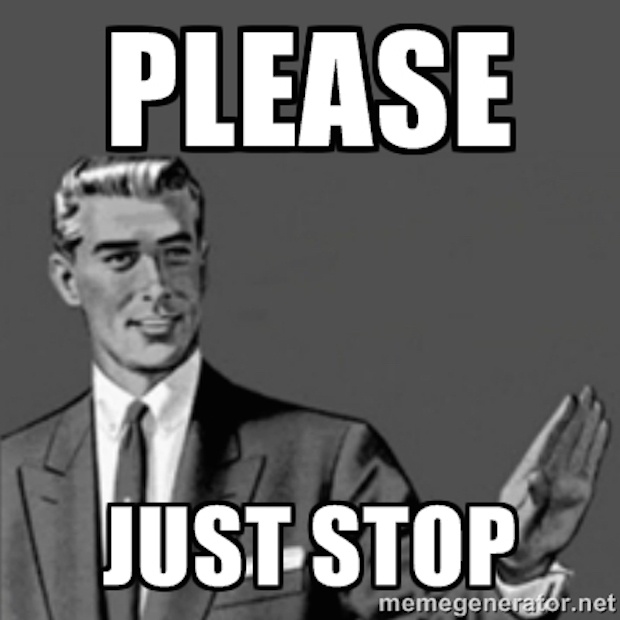 Image via memegenerator.net
Image via memegenerator.net
In his 1946 essay, "Politics and the English Language," George Orwell warned against the dangers of using tired clichés in our speech. "A speaker who uses that kind of phraseology has gone some distance toward turning himself into a machine," Orwell wrote. "The appropriate noises are coming out of his larynx, but his brain is not involved as it would be if he were choosing his words for himself."
This type of speech is not just irritating, Orwell argued, but also dangerous: "This reduced state of consciousness, if not indispensable, is at any rate favorable to political conformity." And nothing could be less rock 'n' roll than political conformity. Sadly, it seems that some of the worst types of perpetrators of this type of language today are in the music industry. Here are but a few examples of the types of phrases we’re all tired of hearing.
1. "Getting discovered"
 Image via quickmeme.com
Image via quickmeme.com
You found us! We were right here all along!
2. "Emerging artist"
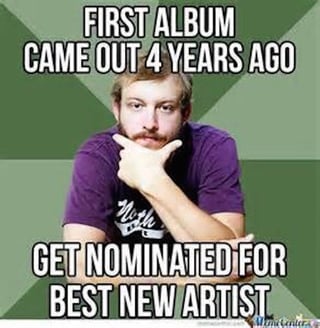 Image via memecenter.com
Image via memecenter.com
Why does it always take at least four years before artists can be called emerging artists? What were they before then? Submerged?
3. "Radio ready"
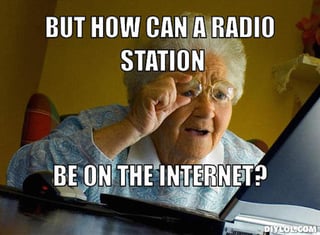 Image via diylol.com
Image via diylol.com
What is this radio device you speak about? Some sort of analog streaming machine?
4. "Needs more polish"
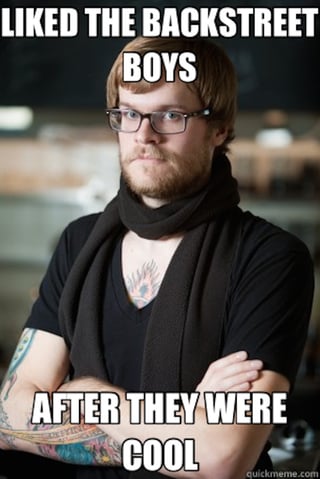 Image via quickmeme.com
Image via quickmeme.com
As in: "Your song is great, it just needs some more polish to get it radio ready." Translation: "More Backstreet Boys."
5. "Trending"
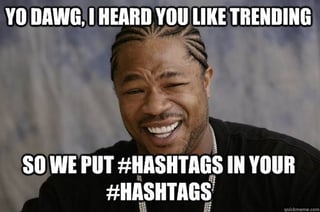 Image via quickmeme.com
Image via quickmeme.com
So, if something has more than 10 likes on Facebook, that means it's trending, right?
6. "Throwback"
 Image via tumblr.com
Image via tumblr.com
First, the ‘60s throwbacks were in. Then it was the ‘70s and ‘80s. Now referencing pretty much anything before 2005 is a throwback. Pretty soon the past will catch up with us and become the future.
7. The streaming/downloading/MP3/vinyl/wax cylinder wars
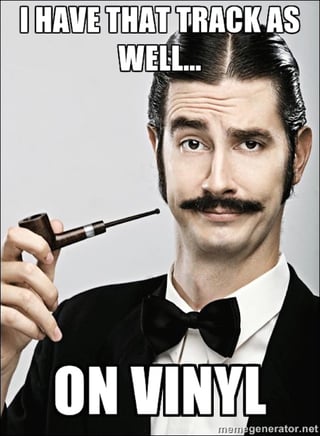
Everybody has their own way of appreciating music. Can’t we live our own lives without taking sides in some crazy war?
8. "Making it"
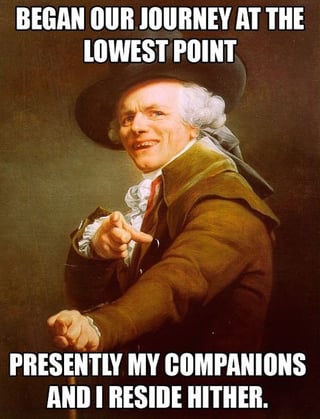 Image via pinterest.com
Image via pinterest.com
Does anyone who uses this term actually know what it means to make it in the music industry?
These nefarious clichés lurk everywhere in our language, and if we don’t work together to get rid of them, we could, as Orwell warns, be in grave danger. So let’s all do our part to say what we really mean when we speak rather than reaching for one of these dusty tropes. By paying more attention to our language, we can create a more welcoming (and less irritating) culture for everyone involved in the music industry.
Casey van Wensem is a freelance composer, musician, and writer living in Kelowna, B.C., Canada. You can hear his musical work at birdscompanionmusic.com and read his written work at caseyvanwensemwriting.com.


